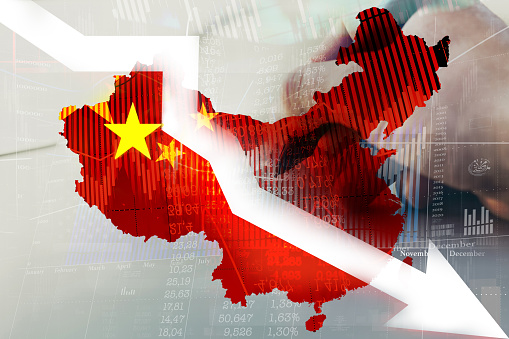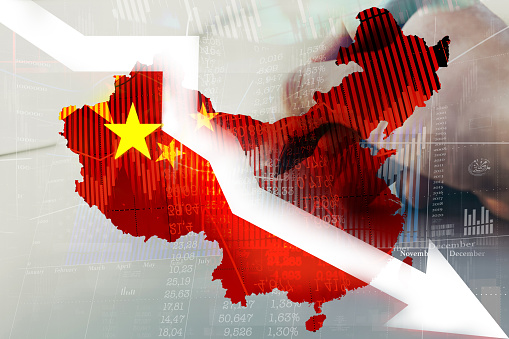
Concerns about coronavirus abated this week as the spread of the virus levelled off. While the number of infected increased to 31472, the daily pace of new cases levelled off somewhat, while the death toll reached 638. Contagion outside Hubei province also seems limited, with only one death related to the virus outside China.
Signs of containment of the virus boosted global risk sentiment. Global equity markets rebounded, reaching all-time highs in many countries. With the impact of the virus on global demand likely to be smaller than feared, commodity prices also went up, although the oil price fell back after OPEC+ failed to agree on cuts on Thursday.
Investors are now gauging what the economic impact of the virus will be. In a note this week, we project a v-shaped scenario for global growth, expecting a large hit to Chinese growth in Q1 and a nosedive for PMI in February, followed by a sharp rebound of PMI in Q2. The rest of the world will also feel the impact somewhat due to lower Chinese demand and supply-chain disruptions, with the most exposed being the Asian countries due to the negative impact on tourism. The spreading of the virus will continue to be a key focus next week and if the number of cases outside of Hubei continues to slow and the death rate remains low, we think the markets will increasingly focus on other things.
This week, the Chinese central bank cut interest rates and injected liquidity into the economy amid heightened risk from the virus . Furthermore, the Chinese authorities pledged further monetary and fiscal measures, if needed; new measures could be announced already next week. In the US, many FOMC members will be speaking next week, where we will look for any change in the Fed’s view on the economic outlook. So far, it has highlighted the coronavirus as a downside risk but not more than that despite the market pricing in more cuts from the Fed. Most importantly, Fed Chair Powell is set to testify Tuesday and Wednesday.
Leaving the coronavirus aside, momentum in the global manufacturing sector appears to be strengthening. In the US, ISM manufacturing surged to 50.9 in January from 47.2 in December, while the euro area PMI also increased slightly. Next week, the US retail sales on Friday will be one of the week’s most important releases. Private consumption growth has slowed (the Fed says “moderate” consumption growth, from previously “strong” growth) and the question is whether this is just due to noise in the data, while the preliminary consumer satisfaction for February will be the first real post-virus break-out data, although we don’t expect the virus to influence US consumers much.
On the US political side, the first Democratic primary election in Iowa got off to a chaotic start on Tuesday . With most of the votes counted, surprisingly Pete Buttigieg tied with Bernie Sanders for first place while Elizabeth Warren and Joe Biden placed third and fourth, respectively. The strong showing for Buttigieg and Sanders gives them strong momentum going into the upcoming primaries, with the New Hampshire on Tuesday being next. In Germany, shock-waves went through the ruling coalition after the CDU voted with the AFD to install a liberal FDP candidate as state premier in Thuringia. A coalition crisis meeting in Berlin has been scheduled for Saturday.
Full report in PDF.


 Signal2forex.com - Best Forex robots and signals
Signal2forex.com - Best Forex robots and signals




